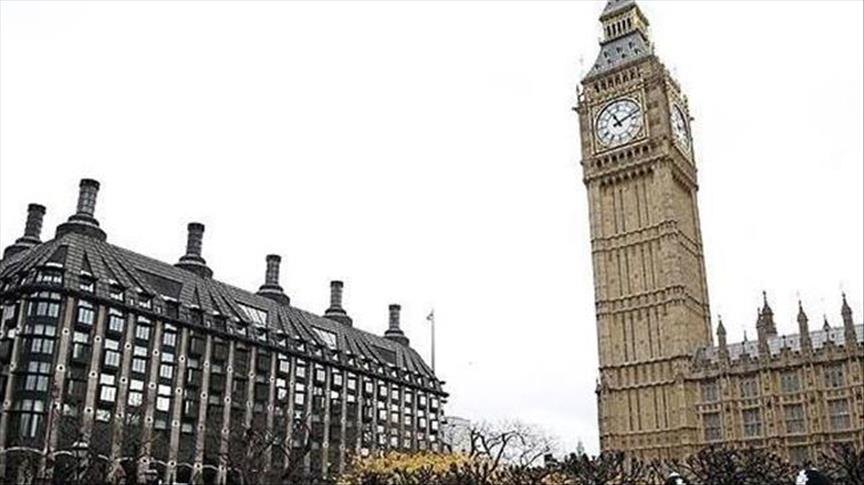
London, City of
LONDON
In his first post-resignation interview, Britain’s former Work and Pensions Secretary Iain Duncan Smith on Sunday said that his dramatic departure was not an "attempt to attack the PM or about Europe".
He made the remarks on the BBC's Andrew Marr Show.
Explaining why he resigned last Friday, Smith said that his problems didn't start last week and that he had felt “increasingly isolated and detached” over time. Smith said he thought about resigning last year.
"I progressively got more and more depressed that we were running to an arbitrary agenda with a welfare cap in it," he said, adding, “It wasn’t about Wednesday or Friday. It was about that agenda”.
Smith said he believed that government was losing sight of the direction they should be taking and current policy could lead to generational division.
Duncan said the government was too focused on cutting the deficit by targeting benefits for working-age people, not traditionally part of his Conservative Party’s voter base.
"My deep concern has been that this very limited narrow attack on working-age benefits means we simply don't get that balance, we lose the balance of the generations".
Smith, an MP since 1992 and Conservative leader for two years in the early 2000s, said that he has always been “passionate about issue of social justice” and the decision involved no personal agenda.
"This is not personal, I am generally frustrated, I have no personal ambitions. If I never go back into government again I will not cry about that," he said.
"I am resigning because I want my government to think again about this. This is not some secondary attempt to attack the prime minister, or about Europe".
After six years as work and pensions secretary, Smith dramatically resigned on Friday night after describing government welfare cuts as “a compromise too far”.
Smith had been told this week to cut up to £4 billion (US$5.79 billion) from benefits for people with disabilities.
He said the governing Conservatives’ financial plans were designed to benefit higher-earning taxpayers and pensioners.


